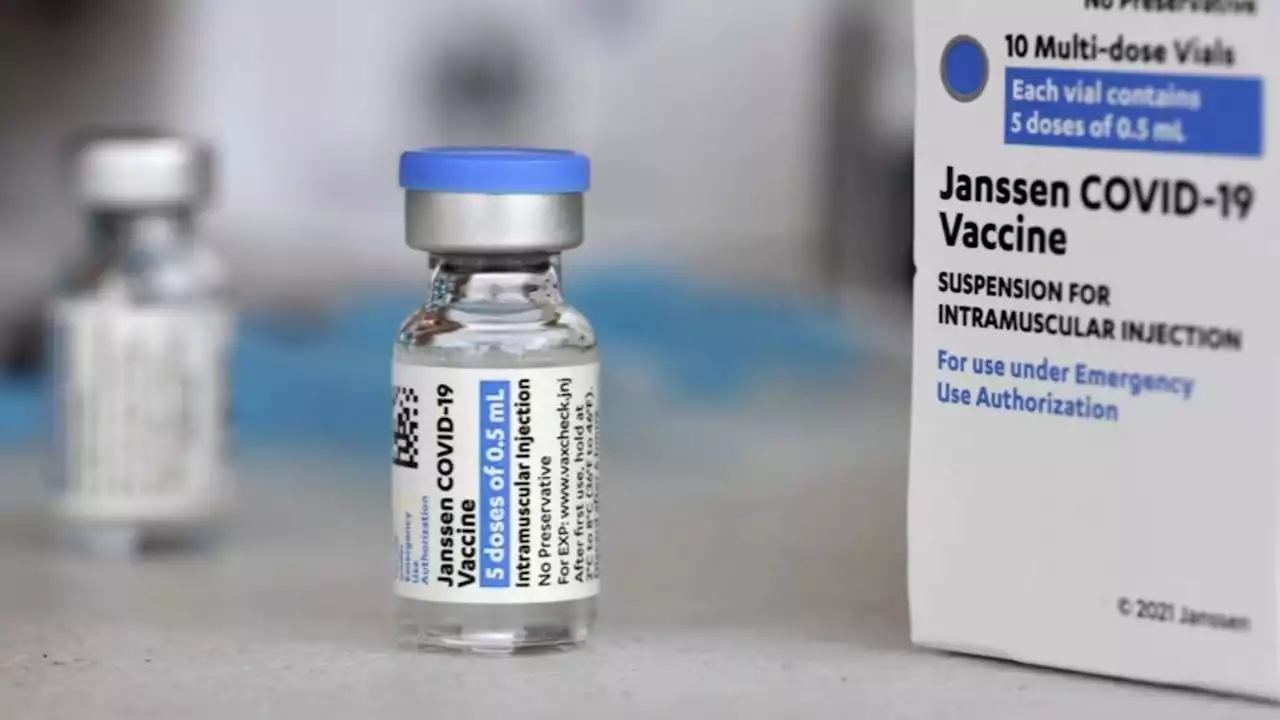BREAKING FDA restricts Johnson & Johnson's COVID-19 vaccine due to rare but serious risk of blood clots
People who received a booster six to eight months after their initial J&J shots saw antibodies increase nine-fold higher than 28 days after the first shot, Johnson & Johnson said.
Federal scientists identified 60 cases, including nine that were fatal, as of mid-March. That amounts to one blood clot case per 3.23 million J&J shots administered, the FDA said Thursday. The vaccine will carry a starker warning about potential"long-term and debilitating health consequences" of the side effect.Dr. Richard Besser, the former CDC acting director, explains what we need to know about booster shots for COVID-19.
Despite the restriction, FDA's vaccine chief Dr. Peter Marks said J&J's vaccine"still has a role in the current pandemic response in the United States and across the global community." COVID-19 causes deadly blood clots, too. But the vaccine-linked kind is different, believed to form because of a rogue immune reaction to the J&J and AstraZeneca vaccines because of how they're made. It forms in unusual places, such as veins that drain blood from the brain, and in patients who also develop abnormally low levels of the platelets that form clots.
